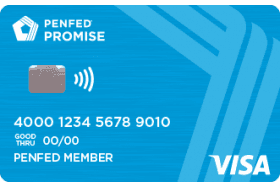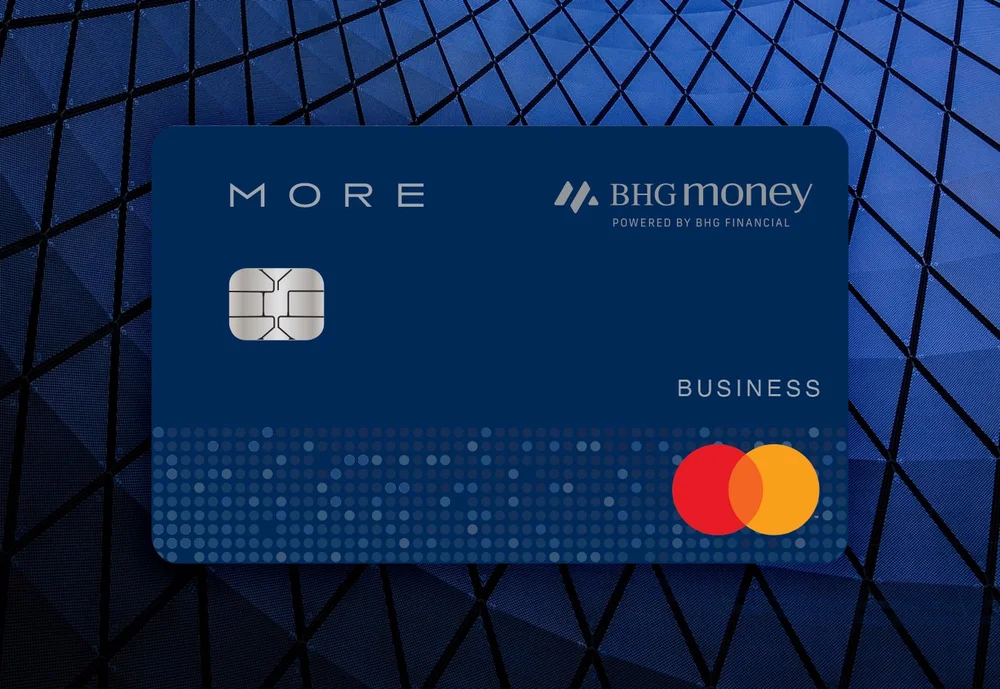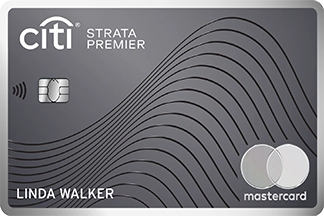- myFICO® Forums
- FICO Scoring and Other Credit Topics
- Understanding FICO® Scoring
- Negative Score Changes With Positive Changes
- Subscribe to RSS Feed
- Mark Topic as New
- Mark Topic as Read
- Float this Topic for Current User
- Bookmark
- Subscribe
- Mute
- Printer Friendly Page
Negative Score Changes With Positive Changes
Is your credit card giving you the perks you want?
Browse credit cards from a variety of issuers to see if there's a better card for you.
- Mark as New
- Bookmark
- Subscribe
- Mute
- Subscribe to RSS Feed
- Permalink
- Report Inappropriate Content
Negative Score Changes With Positive Changes
Why did my score go down on the average three points across the three credit bureaus when I paid off an auto loan and the finance company reported it closed, paid in full?
In addition, I pay my credit cards off every month, haven't paid monthly credit card interest in years, yet the bureaus are fast to drop a score when they see a balance, but slow to raise a score when the balance is paid in full without incurring interest. Why? My credit utilization is only 1% or 2%, yet they are fast to drop scores when they see a balance of $200, and slow to raise a score when there is no balance. Don't the bureaus look at whether an account is paid in full at the end of every billing cycle and not just whether there is a balance?
- Mark as New
- Bookmark
- Subscribe
- Mute
- Subscribe to RSS Feed
- Permalink
- Report Inappropriate Content
Re: Negative Score Changes With Positive Changes
@Anonymous wrote:Why did my score go down on the average three points across the three credit bureaus when I paid off an auto loan and the finance company reported it closed, paid in full?
In addition, I pay my credit cards off every month, haven't paid monthly credit card interest in years, yet the bureaus are fast to drop a score when they see a balance, but slow to raise a score when the balance is paid in full without incurring interest. Why? My credit utilization is only 1% or 2%, yet they are fast to drop scores when they see a balance of $200, and slow to raise a score when there is no balance. Don't the bureaus look at whether an account is paid in full at the end of every billing cycle and not just whether there is a balance?
1. Contrary to what you are saying they are neither fast to react nor slow to react; they do not react at all to changes. The score is simply an algorithm based on all of the data present in the report as of the moment the score is pulled. It would not know if something is higher or lower than it was the day before.
2. No, the score does not take into account whether an account is paid in full at the end of a billing cycle other than to note that the account is paid on time, which would be the same even if you only paid the minimum payment. FICO scores base "utilization" on the reported balance, whether or not the reported balance is later paid off. In most cases, the statement balance is the reported balance. In those cases, if the balance were paid off the day before the statement cut, the utilization would be reported as zero. If it were paid off the day after the statement cut, the utilization would be based on the statement balance. So that if A and B each spent $500 a month on their $1000 cards, and A paid it off the day before the statement cut, and B paid it off the day after the statement cut, A's "utilization" would be zero, while B's would be 50%.
3. Loans are an entirely different subject. Aggregate installment utilization percentage and the presence or absence of an installment loan can have a significant effect on some scoring models. If the auto loan was your only open loan and, was mostly paid off, and then you paid it down to zero, you would receive a penalty in some scoring models for having no open loan. If you had other open loans, the payoff of one mostly paid off open loan might increase your aggregate percentage, which would also cause a point loss in some scoring models.































Total revolving limits 568220 (504020 reporting) FICO 8: EQ 689 TU 691 EX 682